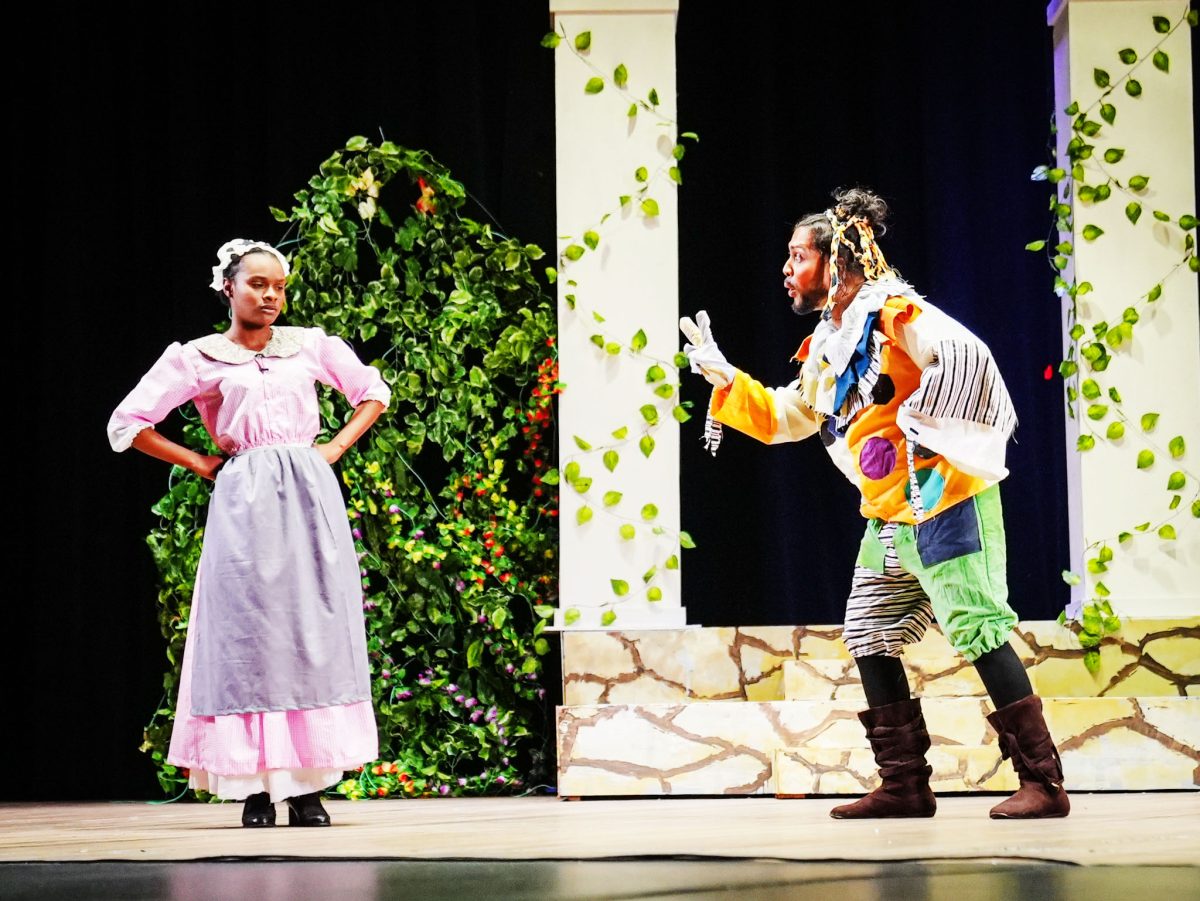 If music be the food of love, play on,
If music be the food of love, play on,
Give me excess of it: that, surfeiting,
The appetite may sicken, and so die,
That strain again – it had a dying fall.
O, it came o’er my ear, like the sweet sound
That breathe upon a bank of violets,
Stealing, and giving odour. Enough, no more,
‘Tis not so sweet now, as it was before.
Shakespeare, from Twelfth Night
These lines are numbered among the very well known from Shakespeare; often quoted, often recited, but just as often misunderstood. They are usually associated with the mood and delight of true love, which they are thought to express, but that is in error. The lines are deceptive, as are so many appearances, people, feelings and actions in the play Twelfth Night, and are illustrations of disillusionment, a Petrarchan love sickness, and just what true love is not supposed to be.
Twelfth Night, also titled What You Will, was first performed by Shakespeare’s company between 1598 and 1602 and regarded, alongside As You Like It, according to editor and critic Charles Jasper Sisson, as one of Shakespeare’s “most perfect” comedies. Its most recent performance was a very special one – among the fairly rare productions of Shakespeare in Guyana. It was sponsored by the Ministry of Education and staged by Gems Theatre Productions at the National Cultural Centre specially for the benefit of students in secondary schools. The play is a prescribed text for CSEC English B, and the production was meant to afford students the opportunity of seeing it acted out as an aid to their study and understanding of the text.

